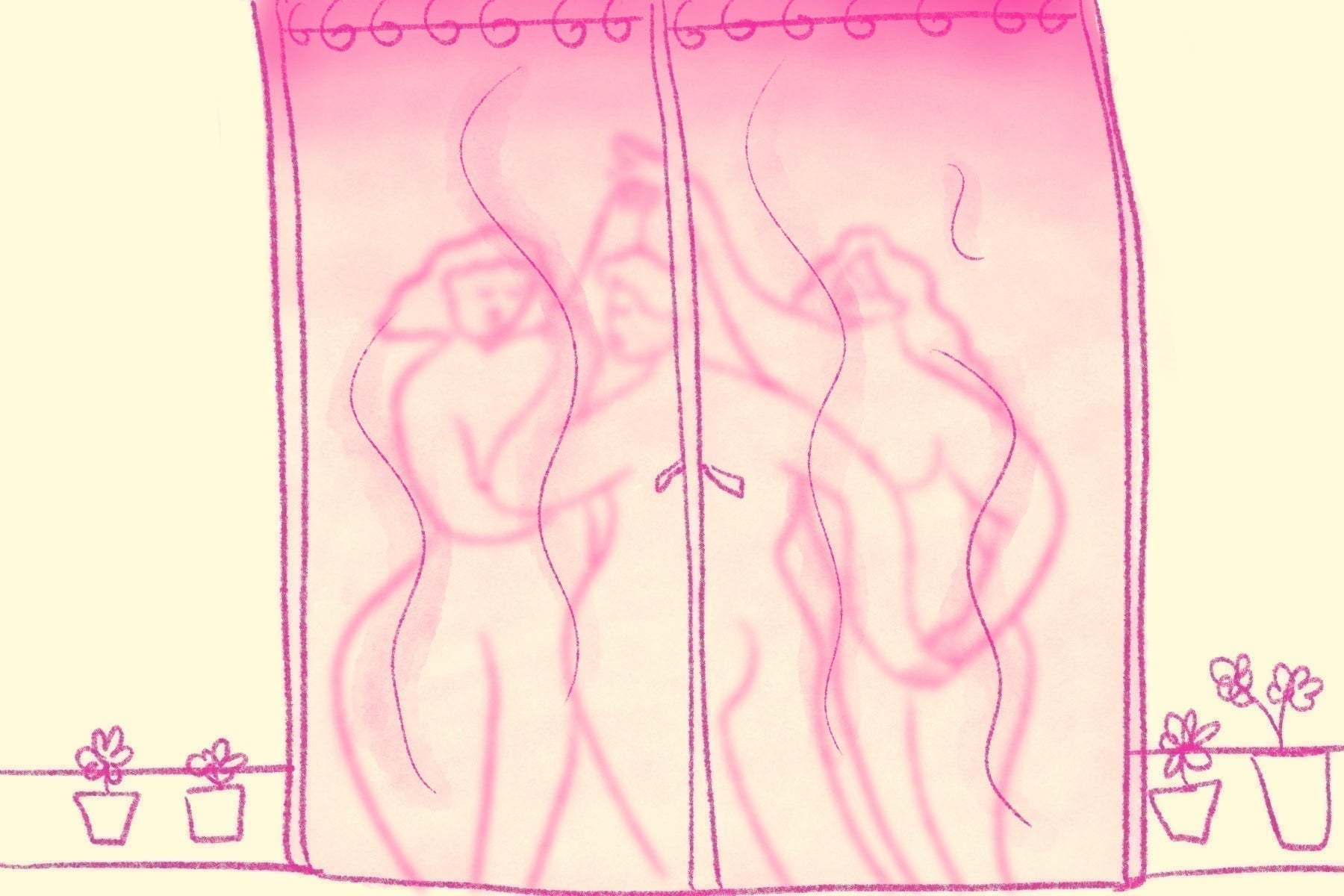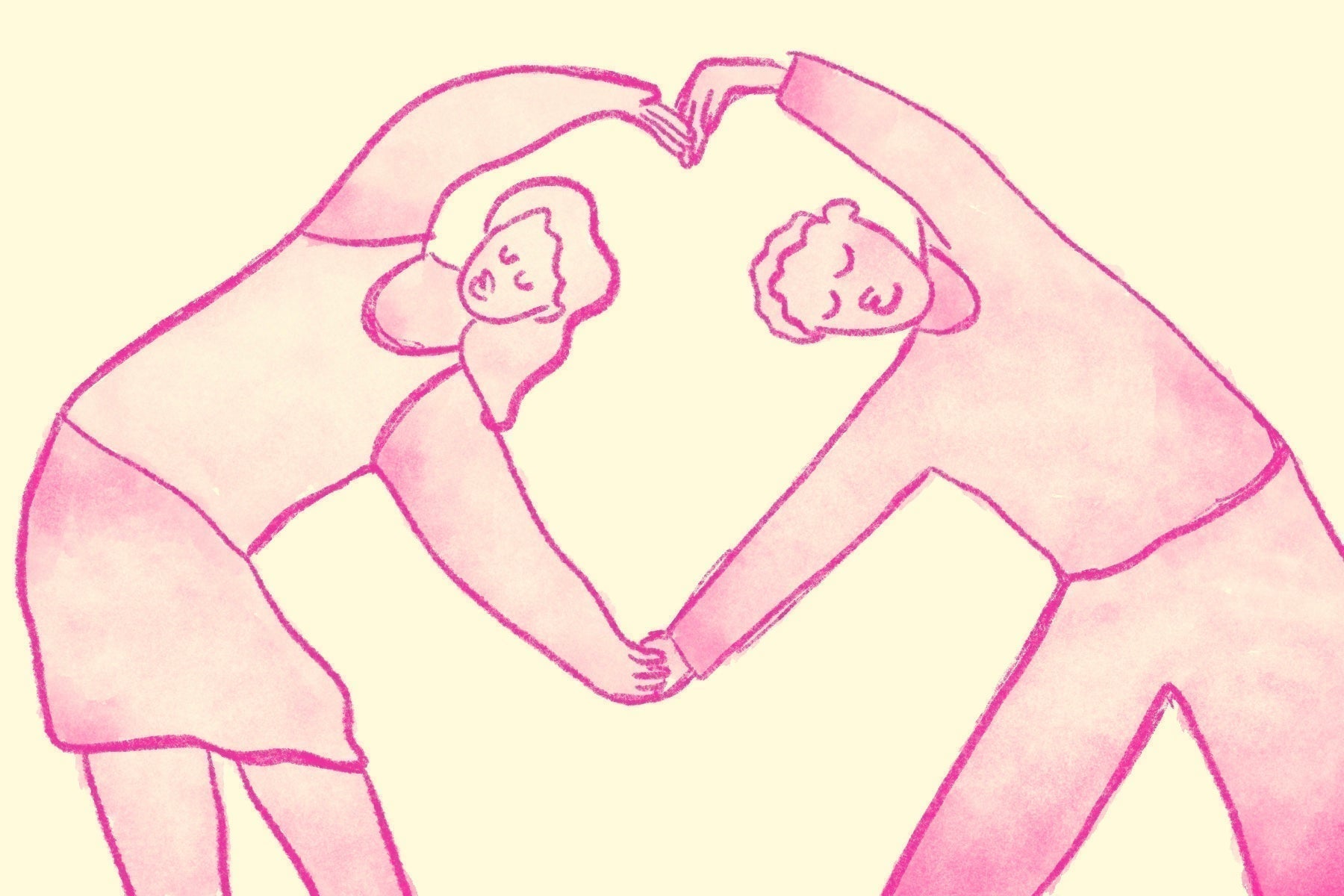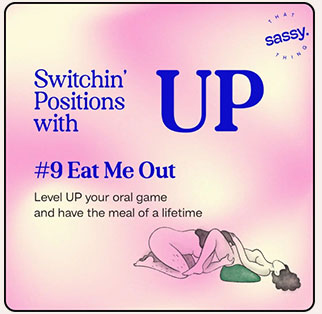Your cart is currently empty
Fearless femme—Pritika Anand
Fearless femme—Pritika Anand

Pritika Anand, 31, works at Amazon, Seattle
Trying to constantly evolve.
------
She’s worked across geographies, in India, the Middle East and now kicking major ass in the U.S.
We spoke to her about her struggles and wins as a working woman in different countries, her take on sex, relationships and so much more. Scroll, scroll, scroll!
Over to Pri.
On work and growth
It’s often said that women bring other women down at times. Have you ever faced that at work?
I experienced the opposite, with men in India and Dubai. In my first job, after my first raise, I went to the Director and said 'I know how much my per hour contract rate is with the client and this is not even 1/10th of it, so why am I getting paid so little?'
He said 'Why do you need to get paid, you live at home, your father is rich, you have a driver, so why do you need money?' Imagine!"
And I was so confused. There were other people who, I knew, were getting paid more than me.
"To make things worse, he gave me gift coupons worth Rs. 3,000 for some store and I obviously didn’t accept it."
At that time, it was the first time I'd heard something so bizarre, because before that I lived in a little cocoon—at home, school and college, everything was fine, we were treated equally, in fact we were told that women can do better than men.
Anyway, I quit that job soon after and went to the client side and they hired me, I got paid a little bit more.
"But it wasn't so much about the money, it's about your worth and when someone tells you you’re worth nothing, you start to believe it."
Then I went to Dubai and it was worse. If you have a fairer complexion, then things are slightly better for you, than being a dark skinned Indian woman. I was managing the second largest category for the company and my team had all men. When I first joined I had 3 people, older than me, reporting to me.
"One guy had a major problem with me being his boss as I was younger. He just wouldn't listen to me. He would blatantly disregard what I said, I would be speaking to him and he would look somewhere else. Then one day he actually screamed at me in the middle of the office."
I was trying to understand what these guys do and I was trying to put structure to it, he refused to tell me what he did. How do you work as a team if you don't know what people are working on?! And eventually he was fired because of his behaviour.
"But it didn't end there, my manager was a problem too, when I used to come to office in the morning, he would check me out head to toe. He had an issue with me being hired by the GM, as his team had people whom he picked usually. I don't know if he had a problem with me being a woman or an MBA or both."
And then the third instance that happened was when I found out that my peers—the guys—were getting paid more than me. I went to HR and fought. I had the same scope, I was exceeding my targets, how can I not get paid enough? And then they gave me a bump, but it still wasn't equal and never was, until I left.
"I was in IT and there were always men in the room and when they would talk about technical stuff, they would not look at me, like 'she wouldn't even understand this' and that's also when I discovered the word 'mansplaining'."
When they would explain these stupid things (like microchips) to me. When I would start talking about numbers they would just doubt everything I said
and it happened repeatedly, and I think somewhere it stuck. Somewhere I feel like those 3 years brought down my professional confidence because at every step of the way I had to prove that I knew what I was talking about, and now I think I have become a little hesitant to express my thoughts."
What are your thoughts on a mandatory period leave at work?
Anyway we are discriminated against so much, now if we give women 2 days off in a month for their period, then what are men going to say? They'll just go like why should we pay women enough. I mean for the people who have really painful periods and need it, make an exception for them.
"Everyone has some or the other problem, some people have kids they need to take care of, some people have older parents they need to take to the hospital, some people need more emotional recouping time, some people have period pain. Just give everybody 2 days extra off, as sick days. Even men have issues so why shouldn't they get time off?"
I think that's with maternity leave too. Maternity leave pushes women back because even though a man and a woman are making a decision to have a child, a woman is expected to take 6 months off from work and a man is not.
Have there been men who’ve been supremely instrumental in your growth?
I think both my father and my brother—I learnt to inculcate discipline from them and I admire that when they have a goal they really persevere towards it. Other men would be my husband Karan and my friend Rohan, they’ve encouraged me to not think that there are any limits to doing whatever I want to do and are always pushing me in life.

"All my male friends and the men I surround myself with, have always had more confidence in my abilities than I have had in myself."
It’s not like I lack confidence, but they make me feel like I can do whatever I set my mind to, which is a great reassurance to have when you're going through uncertain periods or you're preparing for something and you don't know if you're going to get it.
On love, sex and relationships
How would you define love?
Love is—when you accept someone despite their flaws, being tolerant towards people's flaws and still having that warm, fuzzy feeling towards them and being able to be honest with them.
"Love is also when you don't get jealous of the other person's successes."
According to you, how important is equality in a relationship?
If you don't get equal treatment at home you cannot go out and expect to be your best. I think different partners play different roles, like emotionally when it comes to my family I crumble very easily and my husband is the stronger one. But when it comes to handling stress, I am the stronger one. So I don't think it needs to be equal in everything you do, just like divvying up chores, you can burden different parts of emotional responsibility. I think our parents' generation is not used to expressing emotions, they express happiness but not sadness. It's so important to have that environment at home where you celebrate both joys and sadnesses. The world has both good and bad so it's better if you learn to deal with it at a young age.
"Equality in the bedroom is super important too. If you don't have fun then you're not going to keep coming back for more, right? You want your partner to come back for more otherwise you aren't getting it either."
From the beginning my husband and I have been very vocal about what we like and what we don't. There are new things that you do and discover all the time, but communication is key and leaving your ego aside is so important too.
How important is sex in a relationship?
It's very important, obviously because it's an important physical need. Funny thing—you know I thought that 'oh you get married and you have sex all day, everyday, 24*7’. That does not happen. But this is a topic that nobody speaks about.
"How many times should you have sex that's normal and when should you be worried about it—like is 3 times a week normal, 4 times a week normal, once a week normal, once a month normal?"
What is normal and I think that's something that should be discussed so that you know. And maybe 10 years down the line when you've been together for long, maybe people don't have sex that often, then is that a problem, should they be thinking about going to a therapist or going and discovering new ways of having sex? We need to have such healthy conversations.
On Sex Education
Were you given sex ed at home?
Yes, my mom sat me down and drew diagrams of what a penis and vagina look like, but not the outside of it, the inside, how the egg gets fertilised in your body, those things. I wasn't taught that you need to wear a condom and have sex. That I learnt at school, which was also really awkward. They put the girls in one room and the guys in another, and then had a movie explaining things and obviously the movie was stupid and we were all giggling and no one really paid attention. And when I came here to the US, I saw a poster for a talk that said 'how to have the birds and the bees talk with your kids'. People were serious about having this conversation and since everyone is awkward, they gave tips on how to have the conversation.

How do you think we can normalise sex ed at home? (ref: experiences from growing up years)
"We can start with referring to the organs by their names, instead of calling it 'vee vee' or 'pee pee', call it a penis and a vagina. You should know what the organs are and how they are different. Another thing is to not say ‘shame shame’ when you’re naked."
There's a lot of shame that is associated with your body and your sexual organs.
Another thing is when the time comes, and it's different times for different kids, instead of saying that a stork got a baby, you can say ‘right now you're too young to learn about this, we'll have the conversation when you're ready’. But if the kid can Google what happens and all, just tell them what happens, it's not a big deal. It's not like it's going to emotionally scar them. You can always spare too many gory details and you can tell them this is how it happens, sometimes you do it to have babies, sometimes you do it to have fun, but these are things only adults do and kids are not supposed to do, and make it such that they are not scared of sexual experiences.
"When you lose your virginity it's such a big deal, but what did we lose? There's so much shame associated with it that even if we wanted to, we didn't have fun for so long. Sex is fun, as long as it’s safe and consensual."
All kids masturbate, all kids will have sex, it's better that they do it with you knowing than do it without you knowing and putting themselves in danger.
----------
Why Fearless, everyday?
We bring POVs of fearless women across the world, on all things work, life, love, relationships, periods, sex and more.
Often we only celebrate women for the big milestones they achieve in life, or things labelled as ‘big’. This is a safe space where women talk about their struggles; small and big, their everyday wins; small and big, and the moments in between. We don’t judge.
xo
sassy
Explore our Products
 LIT Suction Massager
LIT Suction MassagerLIT Suction Massager
Suction massager that feels like oral play
₹ 2,999.00 Sale price₹ 4,199.00 Salty Wand Massager
Salty Wand MassagerSalty Wand Massager
Mini external wand massager that packs a punch
₹ 1,520.00 Sale price₹ 3,799.00
Read our
Guides for you
The absolute best guides for upscaling your bedroommagic, curated just for you on Instagram.











